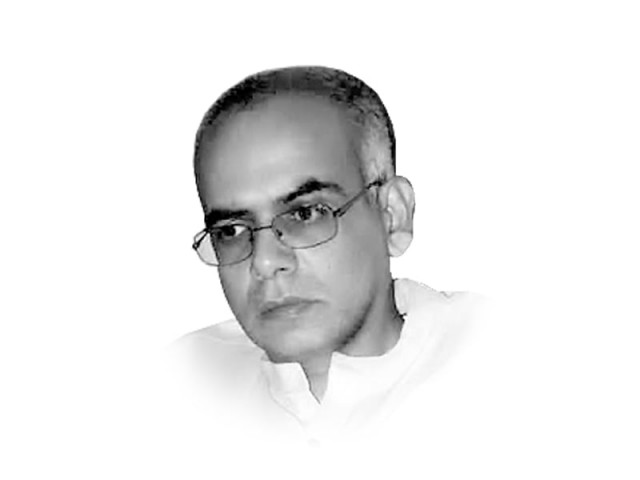Mixing humanitarian work and espionage
Growing official mistrust of NGOs will certainly not make relief and other forms of development work easier.

The Pakistani reaction to the CIA’s use of Dr Shakil Afridi to locate and kill Osama Bin Laden last year has been a source of lingering tensions between the two countries. However, the recent turn of events surrounding this controversy brings particularly bad news for our poor people.
Dr Afridi was picked up by our intelligence personnel soon after the CIA raid in Abbottabad. While the Pakistani establishment seems to view Dr Afridi’s collusion with the CIA as nothing short of treason, US officials and politicians have been vocal in their praise for the Pakistani doctor’s covert assistance and are pressing for further aid cuts to Pakistan instead, in order to secure his release.
In the latest twist of events, a prominent International NGO (INGO), Save the Children, had been accused of introducing Dr Afridi to the CIA. The Government of Pakistan has thus ordered foreign staff of the INGO to leave the country and even its medical supplies for children were blocked by customs officials. Save the Children denies any involvement with the CIA. Dr Afridi, apparently, attended some medical training courses run by this INGO, but since he used to work in the public health sector, this is hardly indicative of anything more insidious. Two months after the Abbottabad raid, American Consulate officials in Peshawar reportedly warned this INGO’s management that they faced an imminent security risk. It is not clear if the US consulate warned only this INGO or others as well, and what the exact nature of the threat was. More information concerning this latter issue has not yet surfaced.
However, the Pakistan Humanitarian Forum (PHF), a coalition of 51 international aid agencies, has expressed complete solidarity with Save the Children. The INGO itself has also stated that even if the handful of its foreign staff members are expelled, its 2,000 local employees will continue working to extend services to seven million children across the country. It is not yet clear how this particular issue will be resolved, but the blurring of lines between humanitarian and espionage work has already unleashed disturbing consequences, which policymakers on all sides of the fence must step up and take notice of.
The recruitment of a Pakistani public health professional as an intelligence operative to launch a covert operation, despite earlier debacles such as the Raymond Davis incident, was hardly sensible. Experts in the field of polio, a scourge that Pakistan is struggling to shake off, will vouch for the detrimental impact of the CIA scheme. A consortium of 200 American NGOs even wrote to the CIA, accusing the agency’s actions for causing “an uptick in targeted violence against humanitarian workers” in Pakistan.
Conversely, our national commission tasked with investigating the OBL raid has also been criticised by local analysts for showing greater interest in investigating how many visas were issued to Americans by the then-Pakistani ambassador, instead of figuring out how OBL was discovered in Abbottabad in the first place. Moreover, by singling out a prominent INGO, our government has dragged humanitarian work into the realm of conspiracy theories. Every NGO worker in Pakistan will be viewed with increasing suspicion; foreigners, in particular, will find it even harder to work here.
Already, religious militant groups do not like NGOs much (except ones they have formed themselves in order to win over sympathies of the distraught). Besides confronting this prevailing threat of militant violence directed against them, NGO workers have been struggling with increased regulation of their movement especially in conflict-ridden areas, where there is most need for humanitarian aid. Instead of focusing on provision of better safety, growing official mistrust of NGOs will certainly not make relief and other forms of development work easier.
One just hopes that there is a lesson learnt from all this ensuing murkiness, which will strengthen the demand, both here and abroad, for a clear-cut line to be drawn between achievement of humanitarian and intelligence goals.
Published in The Express Tribune, September 24th, 2012.















COMMENTS
Comments are moderated and generally will be posted if they are on-topic and not abusive.
For more information, please see our Comments FAQ